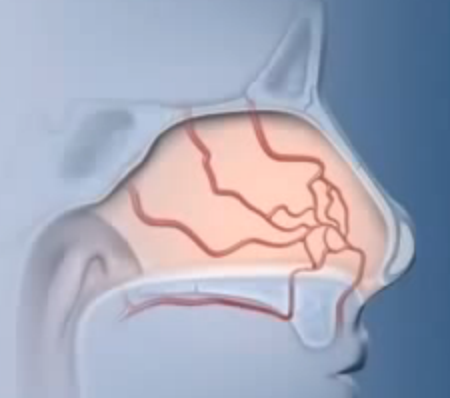Your nasal passage offers a first line of defense in protecting you against infections. Foreign objects and germs will try to attack your body through the nose. But because of the moisture of the mucus in nose, it will try to act like flypaper and trap the microorganisms thus preventing them from entering the body. When you have dry nasal passages, it means that it is not moist and may not be able to trap those microbes.
There are many things that could lead to drying out of nostrils including flu, environment, and effects of medicines. A dry nostril may not be able to prevent the germs and foreign objects from entering your body. Identifying the cause of dryness, doing away with the cause, and bringing back the moisture may help resolve the issue.
It will depend on what is causing the dryness. People will associate common cold and flu with runny nose but sometimes, the virus in the respiratory tract can cause the nasal passage to dry thus preventing the normal moisture in nose lining. A dry nose might not be a cause for concern but it could lead to serious health risks. It is therefore, important to know what is triggering the dry nose and how it could be avoided.
Causes of dry nasal passages
Most of the causes of dry nasal passages are environmental. Things like pollen, dust, and animal dander could cause the nostrils to dry out. Weather that is too cool and dry may also contribute to the same problem. Musty or stale air in your room could also contribute to drying of nostrils. This occurs when an area has improper ventilation.
Presence of airborne irritants such as tobacco smoke, hairspray, and cleaning products could make the nostrils irritating and drying out. If you have taken some medications such as decongestants and antihistamines, their side effects could cause the nostrils to dry.
Although antihistamines are effective in treating runny nose, these medications contain atropine that can cause the nose to dry out. Some anti anxiety and blood pressure medications may also lead to the dry nose. Some people will have dry nose when they have common cold and flu. If you expose yourself to cool and dry environment, it may also induce dryness in nose.

Treatment of dry nostrils
In treating the cause of dry nose, you ought to observe the triggers and avoid them. If you are experiencing dry nostrils when inside your home, you might want to try adjusting the climate control system and regularly checking the ventilation. You can use high efficient particulate air filters in order to catch allergens.
In case you are taking a drying medication, try to discuss with your doctor the alternatives. Besides, you need to ensure the body is hydrated because dehydration might affect the moisture level in your nose. By identifying and doing away with triggers of dry nasal passages, you can begin introducing moisture into your nostrils.
A mild dry sinuses or a nose that is dry near the nostrils may be moistened using a lotion or putting a wet cloth over face and breathing through it. You might also use slightly damp bandanna over face when you sleep to prevent loss of moisture. In more serious cases, try to use a humidifier to increase the moisture content in your room. Nasal saline sprays and mist may be used to re-moisten the nostrils.